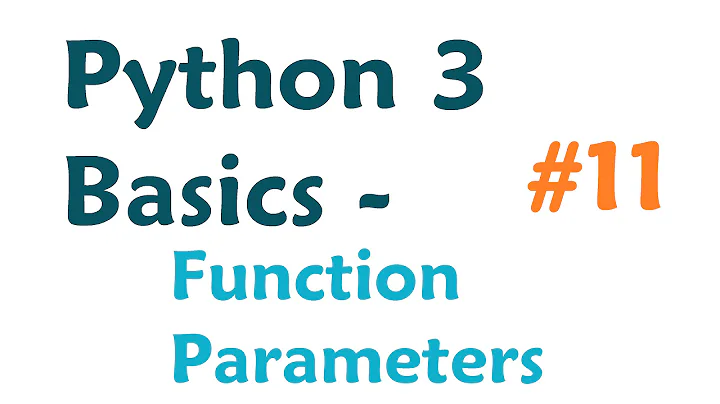Execute command supplied by function parameters
I think it's just a quoting issue when you're passing the arguments into the function.
Try calling it like so:
$ special_execute "echo 'abc'"
'abc'
If you don't want the single quotes around abc then change the quoting like this:
$ special_execute "echo abc"
abc
Debugging
You can wrap the internals of the function so that it echoes out with more verbosity.
$ function special_execute() { set -x; "$@"; set +x; }
Then when you run commands through the function, special_execute you can see what's going on.
ps example:
$ special_execute ps -eaf
+ ps -eaf
UID PID PPID C STIME TTY TIME CMD
root 1 0 0 Aug21 ? 00:00:01 /sbin/init
root 2 0 0 Aug21 ? 00:00:00 [kthreadd]
...
perl example:
$ special_execute perl -MTime::HiRes=sleep -le 'for(1..10) { print; sleep 0.05; }'
+ perl -MTime::HiRes=sleep -le 'for(1..10) { print; sleep 0.05; }'
1
2
3
4
5
6
7
8
9
10
+ set +x
Parsing argument $1
You could do something like this to parse any arguments passed in as $1.
$ function special_execute() {
[ "$1" -eq "-123" ] && echo "flagY" || echo "flagN";
shift;
set -x; "$@"; set +x;
}
Example
with debugging enabled:
$ special_execute -123 perl -MTime::HiRes=sleep -le 'for(1..5) { print; sleep 0.05; }'
flagY
+ perl -MTime::HiRes=sleep -le 'for(1..5) { print; sleep 0.05; }'
1
2
3
4
5
+ set +x
with debugging off - -123:
$ special_execute -123 perl -MTime::HiRes=sleep -le 'for(1..5) { print; sleep 0.05; }'
flagY
1
2
3
4
5
with debugging off - -456:
$ special_execute -456 perl -MTime::HiRes=sleep -le 'for(1..5) { print; sleep 0.05; }'
flagN
1
2
3
4
5
Related videos on Youtube
priyanka -
Updated on September 18, 2022Comments
-
priyanka - over 1 year
I'm trying to create a function method in a bash script that executes a command which is supplied to the method by the paramters.
Meaning somethings like this:
special_execute() { # Some code # Here's the point where the command gets executed $@ # More code } special_execute echo "abc"I already tried I
$@,"$@",$*,"$*"how could I do that?-
 Admin over 10 years
Admin over 10 years$@works for me..special() { $@; }...special echo "foo"givesfoo -
 Admin over 10 yearsIt did not work for me with:
Admin over 10 yearsIt did not work for me with:perl -MTime::HiRes=sleep -le 'for(1..100) { print; sleep 0.05; }'andtar -cvf "backups/test.tar" -P "backups/uncompressed_server_backup_(DO NOT TOUCH!)/server/" -
 Admin over 10 yearsuse quotes around
Admin over 10 yearsuse quotes around"$@", then you will have more success :) -
 Admin over 10 yearsOk. Now it works. it seems like I messed up the code arround the actual call.
Admin over 10 yearsOk. Now it works. it seems like I messed up the code arround the actual call. -
 Admin over 10 yearsno problem, we all have those moments :)
Admin over 10 yearsno problem, we all have those moments :) -
 Admin over 10 yearsWould you say it's simple to detect if there's a flag? Meaning calling it like
Admin over 10 yearsWould you say it's simple to detect if there's a flag? Meaning calling it likespecial_execute -123 echo "ABC"Would still execute the command and safe the flag in a value (without the-). if this flag is not supplied the variable has a default value. How easy can you implement it`? -
 Admin over 10 years@BrainStone - you'd probably want to use the shift command once you've looked at arg
Admin over 10 years@BrainStone - you'd probably want to use the shift command once you've looked at arg$1, which would contain the flag. -
 Admin over 10 years@BrainStone - see my updates to the answer, they include a basic parsing example.
Admin over 10 years@BrainStone - see my updates to the answer, they include a basic parsing example.
-
-
 Elie G. almost 5 yearsWhy do I get an error saying 'command not found' when using aliases?
Elie G. almost 5 yearsWhy do I get an error saying 'command not found' when using aliases? -
 slm almost 5 years@DrunkenPoney - no such cmd, it's
slm almost 5 years@DrunkenPoney - no such cmd, it'salias.




